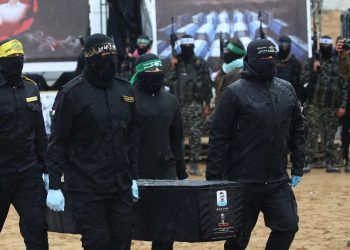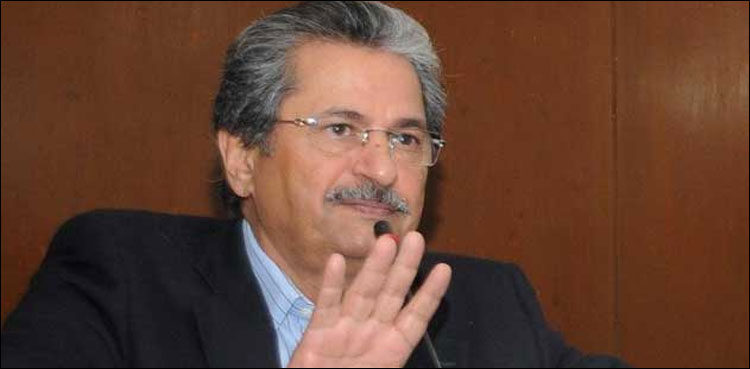Indian opposition leader Rahul Gandhi on Thursday criticized Prime Minister Narendra Modi’s handling of relations with China, saying Beijing was “occupying our territory,” while also taking a dig at the Hindu nationalist leader over the country’s religious polarization.
“The fact of the matter is China is occupying our territory. It’s an accepted fact,” Gandhi, who belongs to the opposition Congress party, said in remarks at The National Press Club in a visit to Washington.
“It’s absolutely unacceptable. Prime Minister seems to believe otherwise.”
India’s embassy in Washington did not immediately respond to a request for comment.
Gandhi’s trip comes weeks ahead of Modi’s scheduled U.S. visit later this month.
China and India have been uneasy neighbors for decades following a war on their disputed Himalayan frontier in the early 1960s.
After deadly border clashes in 2020 that killed 20 Indian soldiers and four Chinese troops, China this year ramped up tension by renaming 11 locations in India’s eastern state of Arunachal Pradesh, which China calls southern Tibet and claims as its territory. India has rejected and denied those claims.
In May, Modi said peace on India’s border with China is essential for normal relations between the nuclear-armed neighbours. Since coming to power in 2014, the Bharatiya Janata Party (BJP) government of Modi has pumped millions of dollars to boost military and civilian infrastructure along its 3,800-km (2,360-mile) frontier with China.
Separately, Gandhi blamed Modi for India’s religious polarization, saying his Hindu nationalist party was not inclusive.
“They sort of generate a certain amount of hatred in society, they polarize society and they are not inclusive. They don’t embrace everybody, and they divide society,” Gandhi said.
The BJP denies the allegations and says its policies are aimed at the welfare and development of all Indians.
Gandhi also accused the BJP of “capture of institutions” and “capture of the press” in India. Since Modi came to power in 2014, India has slid from 140th in World Press Freedom Index, an annual ranking by non-profit Reporters Without Borders, to 161st this year, its lowest ever.












































